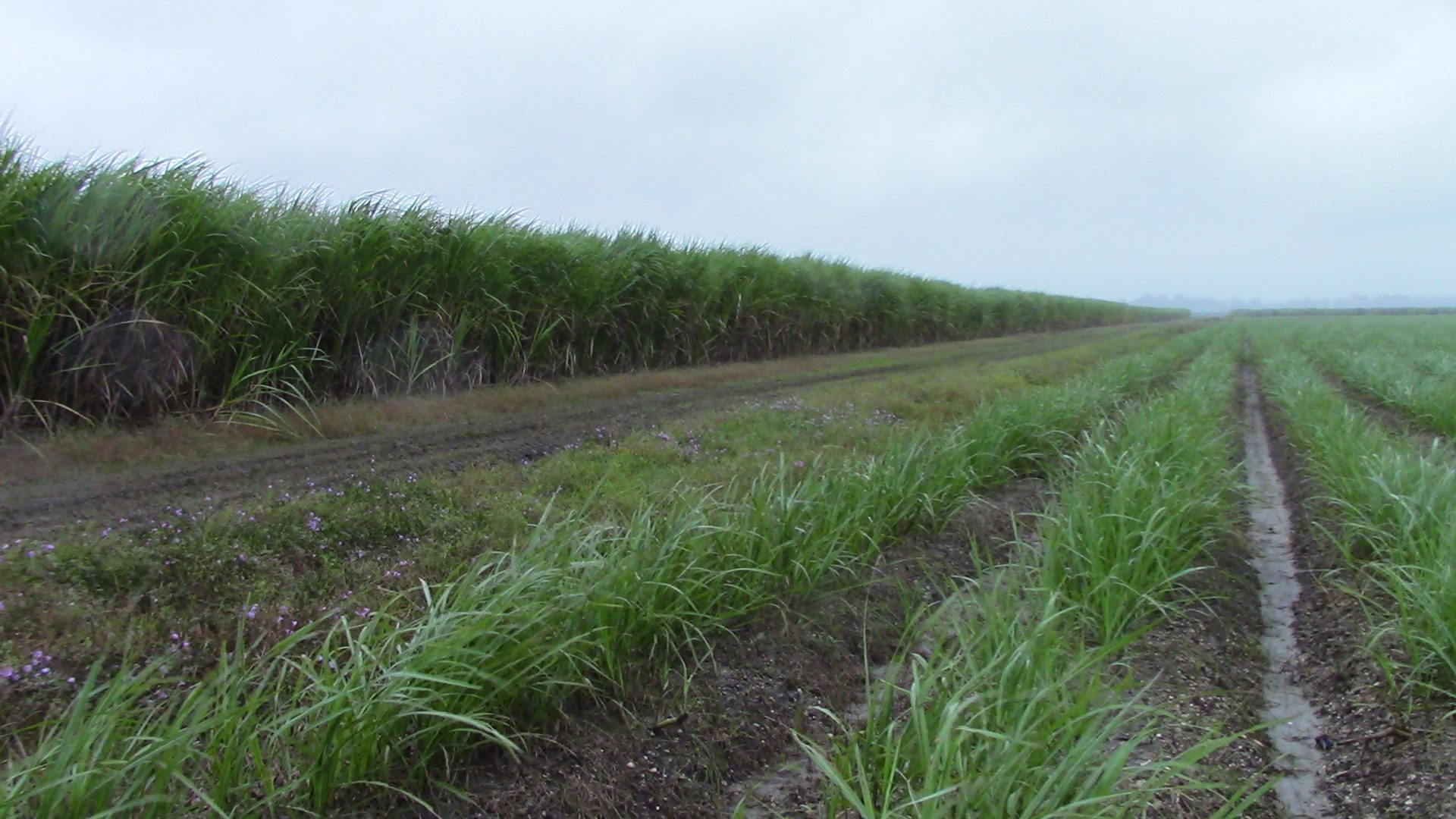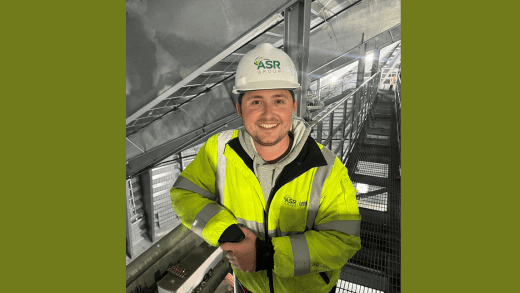Bryan grew up on a rice and soybean farm and has been driving tractors with his father since he was 8 or 9 years old.
In 1985, Bryan’s father was approached by a seed company to start growing seed cane, the sugar cane stalks used to plant sugar cane. Back then there had to be a 5-mile quarantine between an existing cane area and the seed source. Their family land was in the perfect place and they started contract farming sugar cane.
During college Bryan worked on his family farm with all three crops (rice, soybean, and sugar cane). While Bryan loved college and made a lot of great connections in the agriculture community, he always knew farming was where he wanted to be. To this day that hasn’t changed.
A few years after graduating and returning to the farm Bryan helped to start Cane Incorporated, a subsidiary of the Steen Syrup Mill created to supply the mill with sugar cane for making cane syrup. Cane syrup has a caramel flavor and is the result of cooking sugar cane juice. Eventually some of the sugar cane grown on Steen’s farm also went to the sugar mill, where the crystalized sugar we know, and love is extracted from the sugar cane plant.
About 10 years ago, Bryan started his own farm growing sugar cane and peanut hay. He has since scaled to about 850 acres while continuing to manage the Steen farm as well. He credits a lot of his success to his great team and the development of equipment technology. Visitors from around the country travel to Louisiana to learn about sugar cane and they are just amazed at how all the sugar cane equipment is so specialized.
After farming sugar cane for 30 years, Bryan loves that there is never a dull moment. “There is always something to do. I prefer dry land work and since sugar cane is a 12-month crop, it is never boring.” He loves his job has always found farming very fulfilling.
Outside of Layfette, LA, Maurice is a diverse farming community. Sitting in his yard, Bryan can look across the street and see a herd of cattle. Sugar cane is very important in their area, not only for the economic contribution, but also because of its resilience. Layfette, LA, is located in a hurricane prone area and sugar cane is able to take on more water than most crops and survive hurricane season.
Like most farmers, Bryan plans on “working to his grave.” He’s always loved farming and has no intention to retire. Like many in his field, the dedication farmers have for their crops and their land are what makes the U.S. food supply chain so strong and dependable.




Get Social with #MoreToSugar